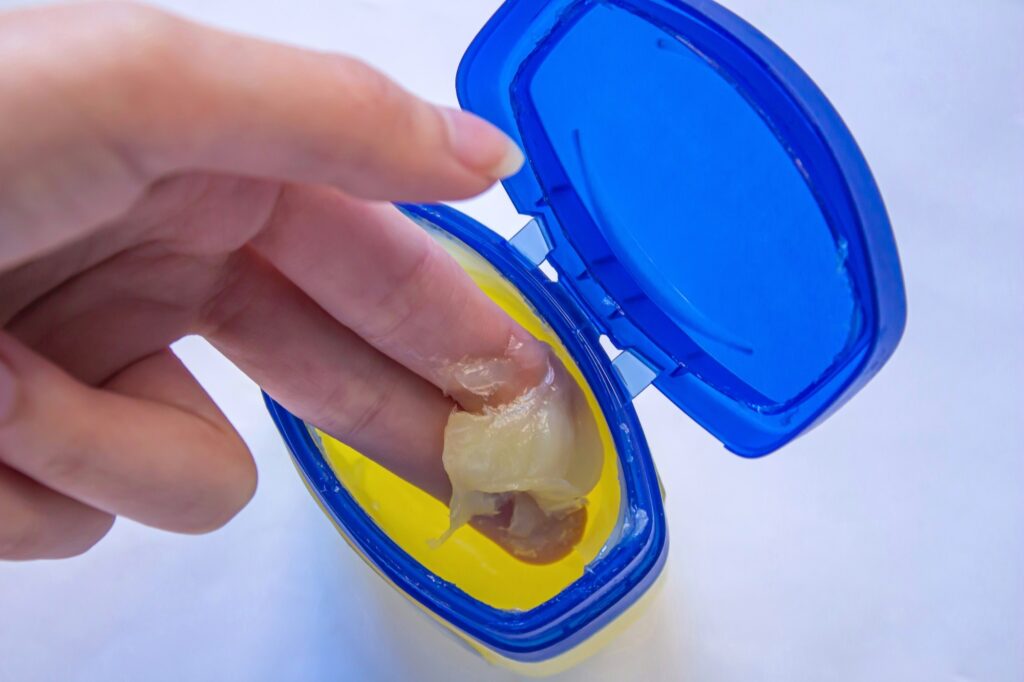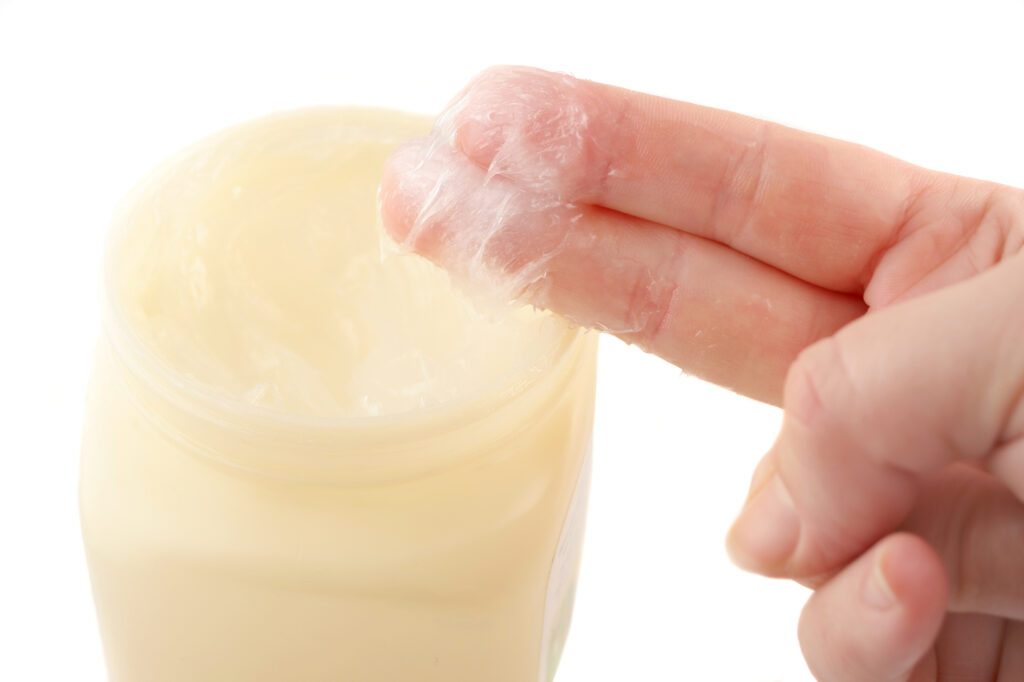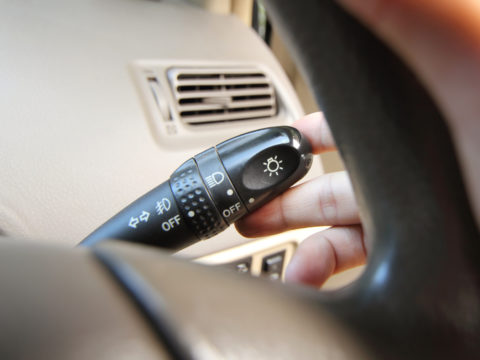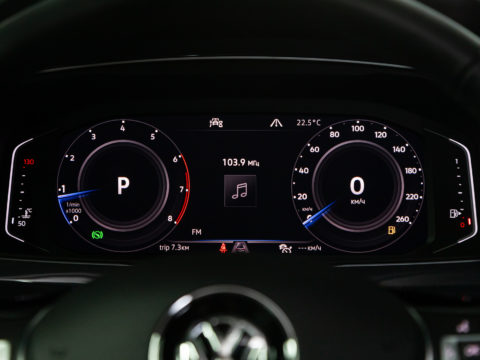Dielectric grease is a vital element in the electrical and electronics industry. It is a lubricant to prevent moisture and dirt from entering electrical connections. It also helps to prevent oxidation and corrosion of metal contacts.
Silicone grease is the best alternative when looking for a substitute for dielectric grease in many applications.

Contents
What Is Dielectric Grease?
Dielectric grease is a light, non-conductive lubricant that helps prevent corrosion in high-voltage connections. It helps to protect electrical connections on appliances and equipment such as computers, motors, and power tools.
The main ingredient of dielectric grease is a polymer base, usually silicone or fluorocarbon that acts as an insulator.
What Is Dielectric Grease Used For?
The common applications of dielectric grease include:
Moisture Proofing
The most common use for dielectric grease is in moisture-proofing connections and parts. It helps protect parts and connections from moisture and corrosive materials such as salt air.
You can achieve great results by applying a thin layer of dielectric grease over all external surfaces of the connection or part. It will seal out moisture while allowing electricity to flow unhindered through it.
Lubricating Connectors
The main reason why dielectric grease is ideal for electrical connections is that it provides lubrication between the two parts that are fastened together.
Dielectric grease provides a protective layer over the metal parts, preventing them from grinding against each other once they are fastened.
The grease ensures that there is no friction between the two parts and that they can move freely without causing damage.
Salt Air
The most common use for dielectric grease is to protect electrical connections from exposure to salt air. When working on an older car or boat, you may notice white deposits around some of your electrical connectors.
These are minerals left by salt air exposure over time. The deposits can cause corrosion on the connectors and lead to premature failure of your equipment. Applying dielectric grease before installing any electrical connections will protect them from this type of damage.
Preventing Electrical Shorts
Electrical shorts occur when an unwanted connection between two metal parts and electricity passes between them. Dielectric grease insulates the parts to prevent electrical shorts from occurring.
The insulation property of dielectric grease can be very helpful in high-pressure situations. You can use grease around car batteries or in places where sparks may occur, such as wires or cables running close to each other.
Where Should You Not Use Dielectric Grease?
There are some situations where you shouldn’t use dielectric grease. For example:
Do not use dielectric grease on plastics or rubbers with a silicon base. It will break them down over time, and you will have to replace them. The grease is also very hard to clean off these surfaces.
Do not use the grease where you need electrical conductivity. If you’re trying to prevent corrosion on something that needs to conduct electricity, then dielectric grease may cause electrical problems.
If you’re trying to lubricate moving parts like gears or bearings, then dielectric grease won’t do anything for them.

What Is a Good Substitute for Dielectric Grease?
There are many substitutes for dielectric grease. You can use a grease formulated for your application, or you can use a lubricant that is already in your toolbox. Here are some options to consider.
1. Silicone Grease
Silicone grease is a synthetic lubricant for high-temperature applications. It is more expensive than other types of grease, but it has a higher-temperature range than other greases. Silicone grease has good water resistance and provides a protective barrier against corrosion and rust in environments such as salt water, marine environments, and areas where moisture may be present. The only downside is that it doesn’t last as long as dielectric grease.
2. Vaseline
Vaseline is a low-viscosity mineral oil-based lubricant that works well on older machines or ones that are difficult to get parts for. It is not as effective as many modern greases, but you can easily find it at most auto parts stores and hardware stores.
3. Powdered Graphite
You can use powdered graphite in small amounts as a dry lubricant between two surfaces that rub together. You can mix it with other lubricants or use it alone to help prevent wear and tear on a machine’s moving parts.
Graphite powder can also help reduce friction by forming an adherent layer between two surfaces that rub together during operation. This layer helps prevent the metals from corroding due to oxidation or rusting over time due to contact with moisture in the air (or water).
4. Synthetic Grease
Synthetic grease is a good alternative to dielectric grease. It has a lower melting point than dielectric grease, so it doesn’t solidify as quickly at higher temperatures. This property makes the grease ideal for use where oil and water meet, such as the seals around the engine block.
Other good uses for synthetic grease are on vehicle transmissions, where it helps keep gears lubricated and working smoothly. Synthetic grease is also ideal for bicycle chains and other mechanical parts that need protection from moisture and corrosion.
FAQs
Here are some of the most commonly asked questions regarding dielectric grease.
Is Vaseline a dielectric grease?
No, Vaseline is not a dielectric grease. It’s made from petroleum and doesn’t contain any silicone. So it won’t work as a dielectric grease.
Is dielectric grease just silicone grease?
No. Dielectric greases are formulated to provide a high level of insulation, while silicone greases are formulated to provide a high level of lubrication.
The main ingredient in silicone grease is silicone oil, derived from silica sand or quartz. Silicone oil is a highly viscous liquid with no solid particles — it’s what gives silicone its “greasy” feel. Dielectric grease does contain solid particles, which makes it much less viscous than silicone grease.
What’s the difference between dielectric grease and regular grease?
Regular greases do not contain added insulating properties; therefore, they can conduct electricity at high temperatures. Regular grease could cause a short circuit if used in an electrical application. Dielectric greases contain additives that provide insulation at low temperatures; therefore, they remain non-conductive.
How does dielectric grease improve connection?
Yes. Dielectric grease is an excellent insulator because it has a low dielectric constant, so its resistance is high compared to other materials like rubber or silicone grease (which have high dielectric constants).
This makes it ideal for preventing electrical shorts and protecting against corrosion because it prevents stray currents from flowing through your circuit board and damaging sensitive components like microchips.














